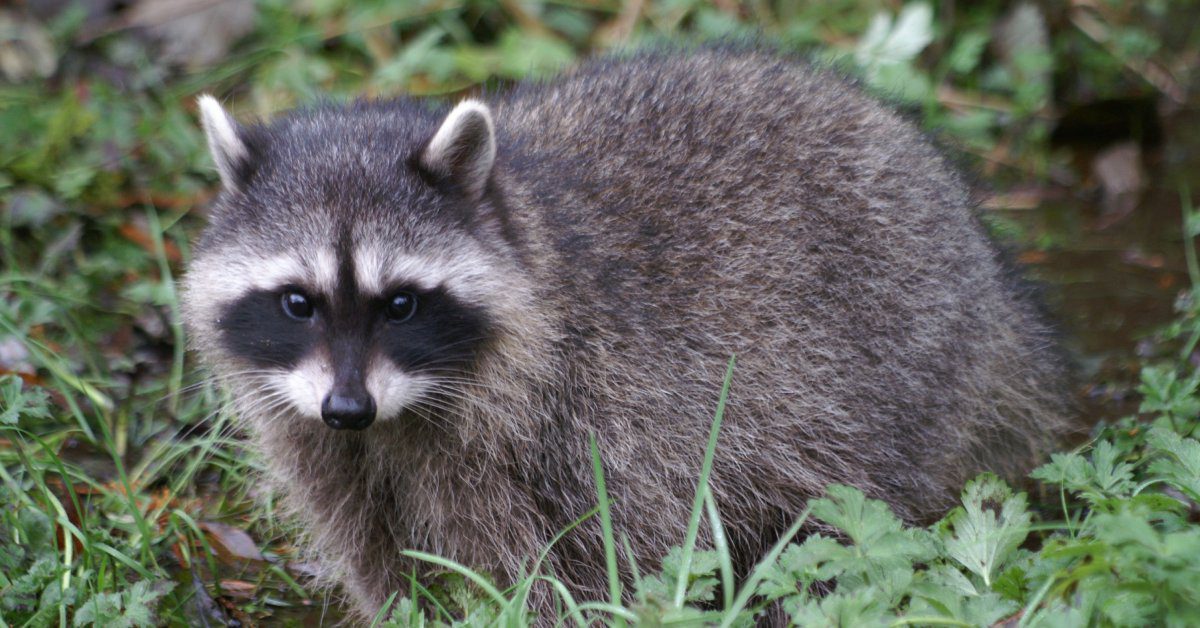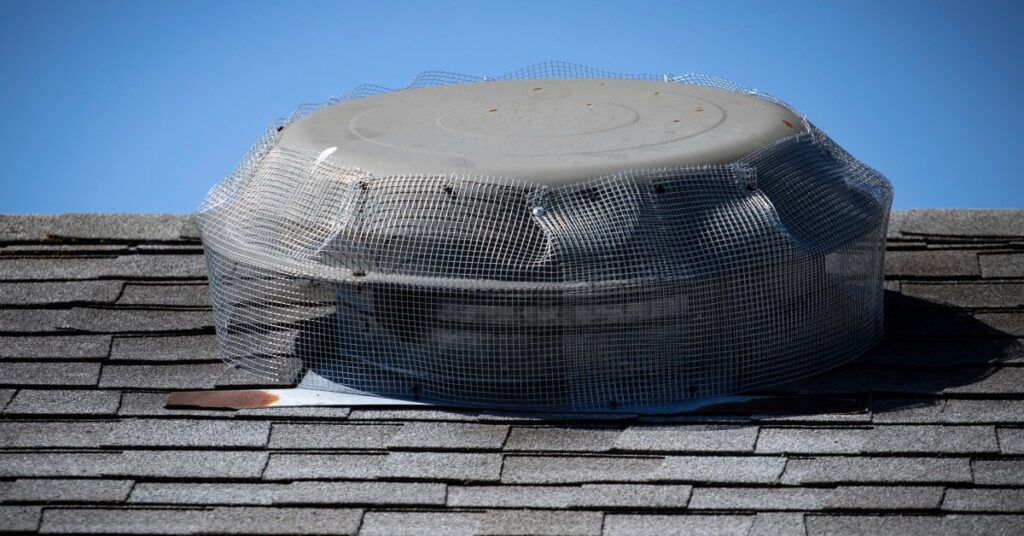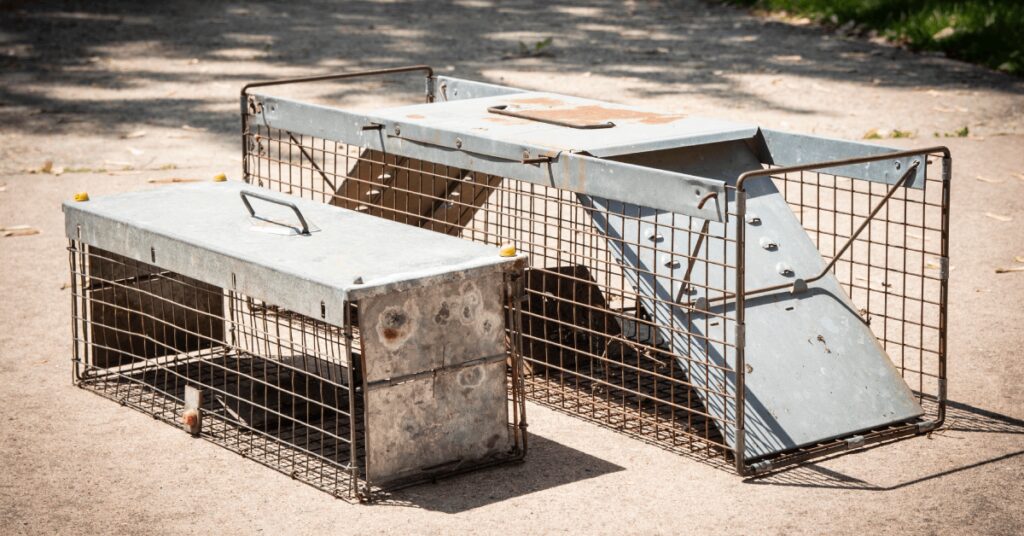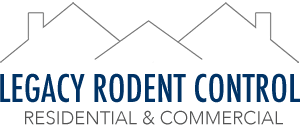
4 Major Signs You Have Raccoons Living in Your Attic
Raccoons are clever and tenacious creatures, often seen as nuisances when they hang around our homes. One of the most common areas raccoons target is the attic, seeking shelter and warmth. While they may look harmless, these nocturnal animals can cause significant damage to your home. Identifying the signs early and taking swift action can save you from costly repairs and potential health hazards. Read on to learn more about these animals, including the four major signs you have raccoons living in your attic.
Raccoon Invaders: Understanding the Risks
Raccoons are primarily nocturnal animals, meaning they are most active during the night. This can make detecting their presence challenging, as many of their nocturnal activities might go unnoticed. Their natural curiosity and dexterity with their paws mean that raccoons can open doors, latches, and even containers, making virtually any part of your home accessible to them.
These creatures are known to cause extensive damage by tearing up insulation, chewing through wires, and defecating in hidden corners, which can lead to structural damage and electrical hazards. Additionally, raccoons can be carriers of various diseases, such as rabies and raccoon roundworm, which can pose serious health threats to you and your family. Address their presence promptly to safeguard your property from deterioration and ensure the well-being of everyone in your household.

Signs of Raccoon Infestation
A raccoon infestation in your attic can lead to severe damage and health risks. These intelligent creatures are able to squeeze through small openings, often making their way into your attic undetected. Once inside, they’ll quickly start to make themselves at home, gnawing on electrical wires and tearing up insulation. Here are the four major signs that you have raccoons living in your attic.
Nocturnal Noises
At night, you may start to hear unusual sounds emanating from your attic, which is a strong indicator of raccoon activity. These noises can range from scratching and scurrying sounds to the thumping of heavier movements as raccoons climb, explore, and settle into your attic space. If you hear these noises on a regular basis, act quickly to identify and resolve the problem.
Droppings, Odors, and Footprints
Droppings, strong odors, and footprints are key indicators of a raccoon’s presence in your attic. Raccoon droppings are generally dark, cylindrical, and often found in concentrated areas, which can lead to a strong, unpleasant odor. This distinctive smell can permeate the attic space and even infiltrate your living areas if not dealt with promptly. Additionally, you might find muddy paw prints or tracks around attic entrances or on insulation where they’ve been moving around. The presence of these physical clues strongly suggests that raccoons have taken up residence in your attic, warranting a thorough inspection and remediation.
Entry Point Damage
Noticing visible damage around your attic’s entry points is another strong indication of a raccoon infestation. Raccoons are adept climbers and can easily locate weak spots in your home’s exterior, creating or enlarging holes to gain entry. This often manifests as torn shingles, chewed wood, or dislodged vents, as raccoons use their sharp claws and teeth to make a passage into your attic. If you find damage of this nature, address the issue immediately. Not only does this prevent further entry, but it also mitigates the potential for other wildlife to invade your attic.
Chewed Wiring and Electricity Complications
Chewed wiring in your attic is a telltale sign of raccoon activity, as these animals tend to gnaw on electrical wires, posing a significant fire hazard. You may notice flickering lights, malfunctioning appliances, or unexpected power outages, all of which can be attributed to damaged wiring caused by raccoons. This not only endangers your home’s electrical system but also increases the risk of short circuits and potential fires. Therefore, inspect your attic for any signs of chewed wires and contact a professional to address the electrical damages promptly, ensuring the safety and functionality of your home.

Preventing Future Raccoon Infestations
Preventing future raccoon infestations requires a combination of proactive measures and routine maintenance. Start by sealing all possible entry points, including gaps in the roof, holes near vents, and any other openings where raccoons could gain access to your attic. Regularly inspect the exterior of your home for visible signs of damage or potential vulnerabilities that raccoons could exploit. Additionally, ensuring that doors and windows close tightly and installing chimney caps can further reduce the likelihood of raccoons entering your living space.
Landscaping also plays a crucial role in raccoon prevention. Trim tree branches that hang close to your roof, as these can serve as pathways for raccoons to reach your attic. Keep trash bins sealed and stored away from the house, as open or accessible garbage can attract raccoons searching for food. Choose outdoor lighting with motion sensors or timers to deter raccoons who prefer to operate under the cover of darkness. By maintaining a well-landscaped property and reducing attractants, you’re less likely to face raccoon invasions.
Lastly, consider enlisting the help of professional wildlife control expert, such as Legacy Rodent Control, if you’re experiencing persistent issues with raccoons. We have the expertise and tools needed to assess the situation comprehensively and implement long-term solutions for keeping raccoons at bay. We can provide guidance on further prevention tactics and ensure that any existing raccoon inhabitants are removed humanely and safely. Investing in expert assistance can be a valuable step toward protecting your home from current and future invasions by these crafty creatures.
Get Rid of Raccoons With Legacy Rodent Control!
Promptly addressing a raccoon infestation is essential to preventing extensive damage to your home and safeguarding the health of your family. Understanding the signs of their presence, including nocturnal noises to chewed wiring, allows you to take action before the problem escalates. Implementing preventative measures, such as sealing entry points and maintaining your landscaping, helps deter these persistent creatures.
For residents of Fort Worth facing the challenge of raccoons in their attics, Legacy Rodent Control offers efficient and humane removal services tailored to your needs. Our experienced professionals are committed to ensuring your home remains raccoon-free by delivering comprehensive solutions and expert advice on preventing future invasions. Explore our raccoon removal in Fort Worth and experience peace of mind and a safe home environment. Contact Legacy Rodent Control today to learn how we can help protect your property from these unwelcome guests.
